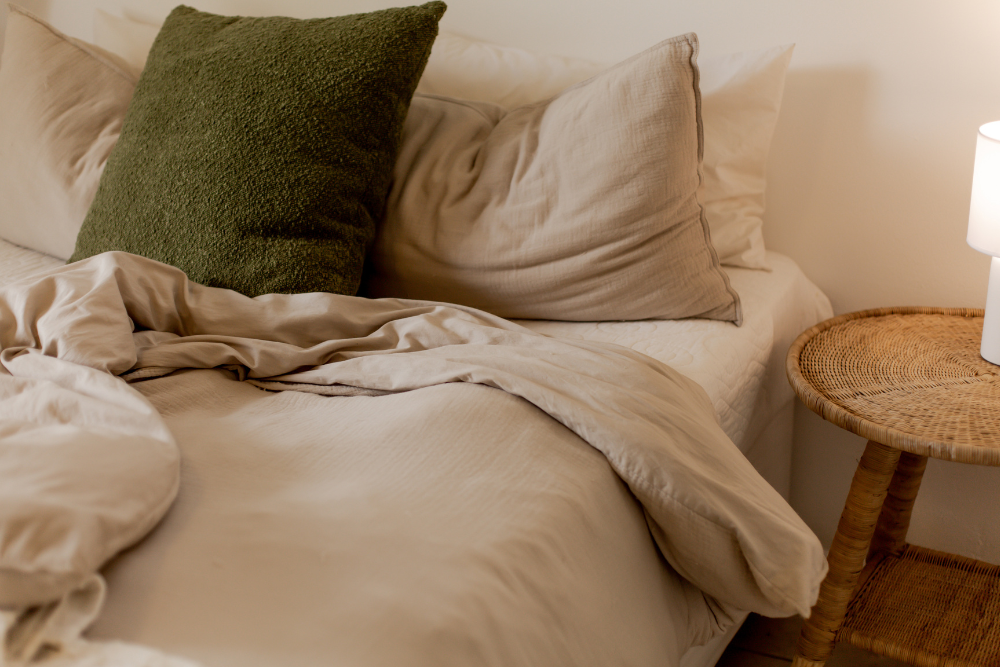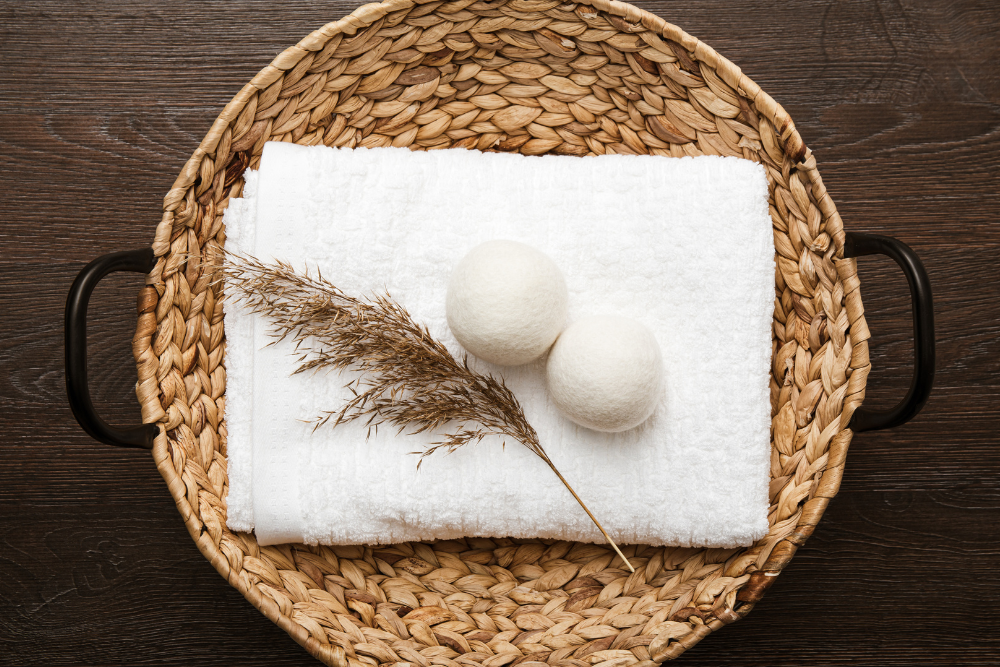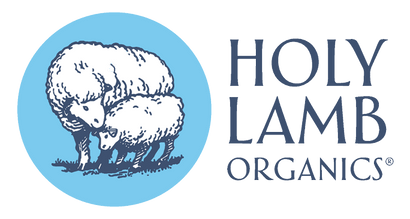Add description, images, menus and links to your mega menu
A column with no settings can be used as a spacer
Link to your collections, sales and even external links
Add up to five columns
Add description, images, menus and links to your mega menu
A column with no settings can be used as a spacer
Link to your collections, sales and even external links
Add up to five columns
Why Washable Wool Isn't For Us
May 16, 2019 2 min read

As you research and shop for wool bedding, you’re likely to come across options using washable wool. Raw wool isn’t machine washable in its natural state; it takes some processing to get it to that point, and some pretty important benefits are lost along the way.

How Wool Works
Natural wool fibers are covered with overlapping, barbed scales called cuticle cells. It's this structure that gives wool loft and breathability and makes it such an efficient temperature regulator. When you run untreated wool through a normal machine wash cycle or put it in the dryer, those scales will interlock with one another; the wool shrinks and takes on a felted look and feel. There are things you can do to make wool more receptive to machine washing and drying, but all involve altering the basic structure of the fibers. Using the methods described below, the tips of the cuticle cells are removed to prevent felting. Basically, you're preshrinking and smoothing the natural fibers. While washable, the resulting product has lost much of its natural loft and essential moisture-wicking properties. The very things that make wool an attractive choice for bedding.

Getting to Washable
The conventional method of achieving washable wool involves chlorine, chemical polymers, and lots of water and energy. The fibers are treated with chlorine and coated with a polyurethane polymer that modifies and enables them to slip past one another without interlocking. The subsequent wastewater contains significant concentrations of harmful toxins, so significant that it’s not accepted by US water treatment facilities. Because of this, the majority of chlorinated wool is processed overseas and imported to the US, adding transportation and energy costs to the already high ecological impact of this method.
A less harmful, chlorine-free method is to use ozone or hydrogen peroxide to remove the scales. Both these substances break down into oxygen and water at the wastewater treatment stage, eliminating the release of toxins into the environment. Another approach to creating washable wool involves the use of an eco-friendly bio wash treatment made with plant extracts and oils. While these less harsh approaches are an improvement on the use of chlorine, each still requires a substantial amount of water and energy. And with all of these methods, the natural fibers are irrevocably altered.

It’s Worth the TLC
We understand the appeal of having a wool product you can just toss in the washer and dryer. But we also understand the inherent qualities of wool that make it a superior choice for bedding, none of which are worth sacrificing for a little convenience. Couple that with our efforts to minimize the environmental impact of everything we do, and pure untreated wool is the obvious choice. Caring for our natural and organic wool bedding products is still pretty easy. In most cases, just avoid the wash cycle (it's the agitation that causes felting) and line dry. Your bedding will retain all its lofty goodness and provide years of cozy comfort.
See our product pages for complete care instructions.
References
Leave a comment
Comments will be approved before showing up.
Also in Blog

How Natural Bedding Supports Better Sleep in the New Year
January 14, 2026 4 min read
As a new year begins, many of us look for ways to reset. One of the most powerful (and often overlooked) ways to support overall well-being is through better sleep.

Organic Luxury for Cooler Nights
October 14, 2025 3 min read
As the days grow shorter and the air takes on that familiar crispness, fall gently nudges us to slow down. And there’s no better way to embrace this shift than by transforming your bedroom into a sanctuary of warmth and rest.

Wool Dryer Balls: The Sustainable, Healthy Swap Your Laundry Needs
September 01, 2025 3 min read
One of the simplest changes you can make toward a healthier, more sustainable home is swapping out single-use dryer sheets for long-lasting wool dryer balls. Unlike dryer sheets, which release synthetic fragrances, harsh chemicals, and microplastics with every load, wool dryer balls offer a clean, natural alternative that’s better for you, your family, and the planet.
Subscribe
Sign up to get the latest on sales, new releases and more …
